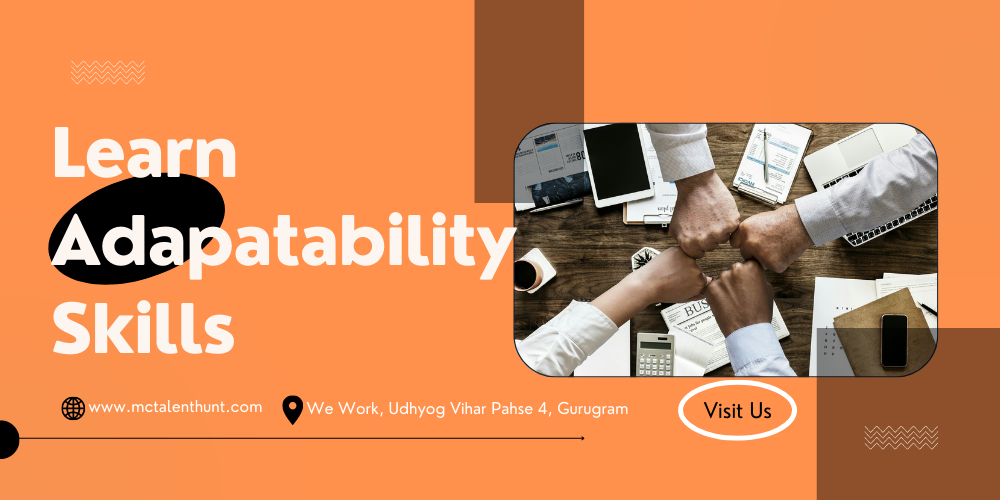
Value Addition: The New Norm for Engineer
When the engineers in a particular company shift their focus to make their products more environmentally friendly, use ingredients that are not toxic for humans, contribute to the socio-economic development of their communities, then it improves the firm’s goodwill. The conscious consumers start switching to such products, thereby driving the profits of the firms upwards. Thus, value addition to society ultimately works in favor of the company.
The evolving technology and heightened expectations of the consumers call for a change in the way businesses have been running. The demands of consumers these days are not limited to materialistic innovations. They are shifting their focus from the end product, to how the products are being produced. While making a purchase, the consumer ponders upon the following questions:
Whether the production process is damaging the environment
What are the ingredients that go into manufacturing the product?
Whether the firm is involved in any unethical practices or not
This gap between the demand for mindful production and the lack of supply thereof presents a business opportunity to the firms, more specifically to engineers. And that’s where the concept of Value Addition comes in. The concept of Value addition has to be understood from two perspectives:
From the firm’s point of view
From society’s point of view
In the long run, what an engineer did to boost the growth of the firm affects his career and growth prospects. This can be achieved through value-added engineering, which is a dedicated process to increase the utility of the product while maintaining the product quality at a lower cost. It focuses on doing more with fewer resources. People need reasons why they should consider a particular product or service over another. Companies can have an edge over other ones in the market, given that their engineers successfully add value to the name through innovations and improvements.
When the engineers in a particular company shift their focus to make their products more environmentally friendly, use ingredients that are not toxic for humans, contribute to the socio-economic development of their communities, then it improves the firm’s goodwill. The conscious consumers start switching to such products, thereby driving the profits of the firms upwards. Thus, value addition to society ultimately works in favor of the company.
Forbes: On September 26th, 2016, Forbes sent out an article with the title “It’s Official – Engineering Helps Economies to Grow”. The article sheds light on how engineering has improved the economy of countries around the globe. With appropriate data to support the fact that engineering indeed boosts the economic development of a country, it makes an argument that the different disciplines of engineering come together and provide us with an improved quality of lifestyle. The improved infrastructure and communication help people to be more productive and give their best to what they are working on. This is one such example of how value-added engineering is the future.
Now for all that to happen, engineers need to have a lot more knowledge than just what is taught to them in the institutes and the training centers. Having information about the environment that they deal with will help them to analyze the gaps in demand and supply, and grab the business opportunity. The result will be a sophisticated, better product that gives an enhanced experience to the buyer. This makes it a win-win situation for both sides.



